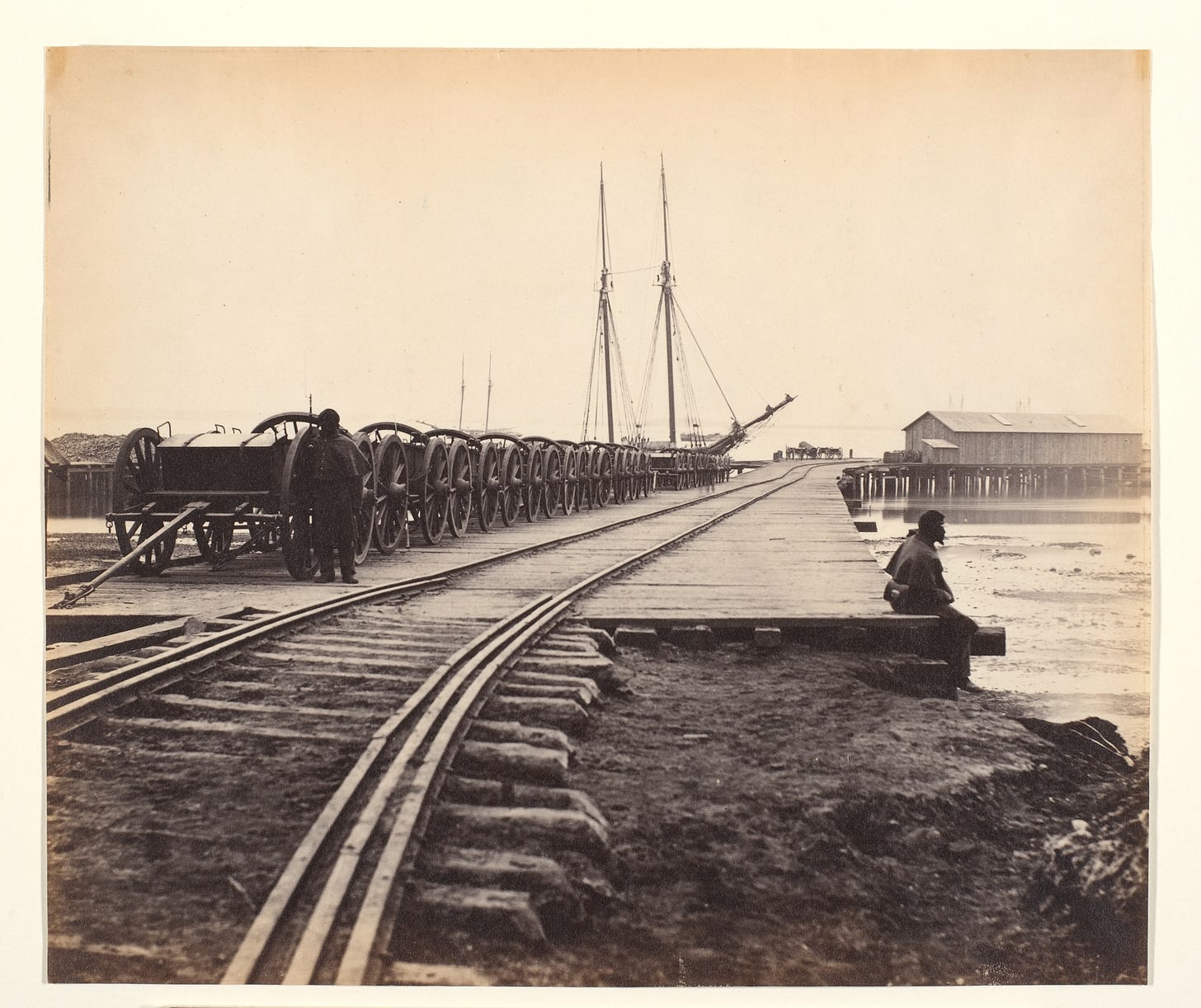Jay Sexton, A Nation Forged by Crisis: A New American History (New York: Basic Books, 2018).

Jay Sexton’s A Nation Forged in Crisis is an excellent overview of American History with an insightful global perspective. Our nation’s story is traditionally taught with emphasis on the same major impact moments outlined in the chapters of this book: Revolution, Civil War, and then WWI briefly touched on before the triple punch of Great Depression, WWII, and the Cold War. However, these events are seldom taught with the rich international context that Sexton brings to the table with this book, where surprising foreign policy and economic details are interlaced with prevailing narratives. Looking through the lens of national security, global capitalism, and immigration trends, Sexton deftly illustrates how international policy changes and patterns contributed to major turning points. Shifts in tariffs or immigration rates caused crises as well as reacted to them.
This book heavily features the intimate details of the 19th century, with the Civil War acting as the pinnacle crisis, and skirts rather quickly over the turning points of the 20th century. Giving these later crises the same thorough treatment given to the Revolution and even more so to the Civil War would be challenging because they happen in such rapid succession, but this book could do more to acknowledge the accelerated rate of major national events. This rapid-fire “zig-zag” of international change is a departure from the neat patterns outlined in the first three chapters, which give much more time to build up and aftermath.
As a broad overview, it relies heavily on secondary-source literature to capture prevailing trends. Ultimately, Sexton demonstrates that crises repeatedly cause a shift within the broader international system, although he notes that the current political crisis of gridlock and polarization has led to pendulums and stalemates rather than transformation or anything resembling a linear progression. Perhaps it’ll take time for the dust to settle before we can pinpoint what the main crisis was, and how international entanglements were impacted as a result, but this book has convincing evidence of the formative patterns that shape our history.
Bridget Swanson
Feel free to ask questions about the book or add any comments! Feel free to share or subscribe if you enjoyed this review!



